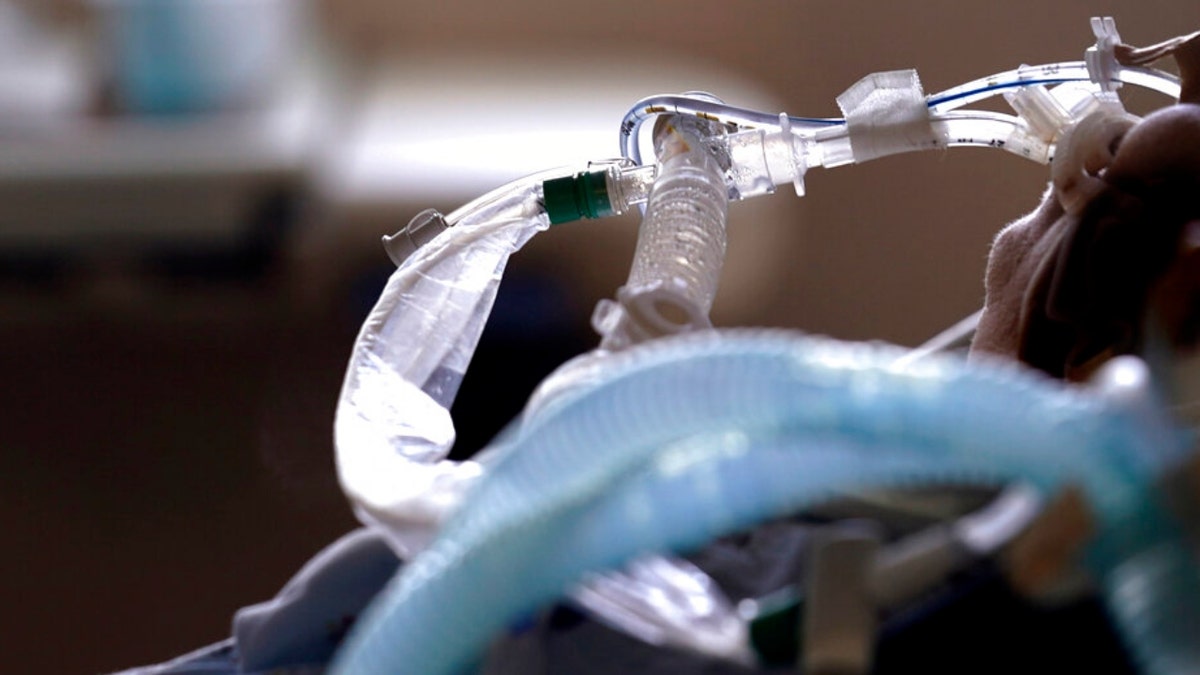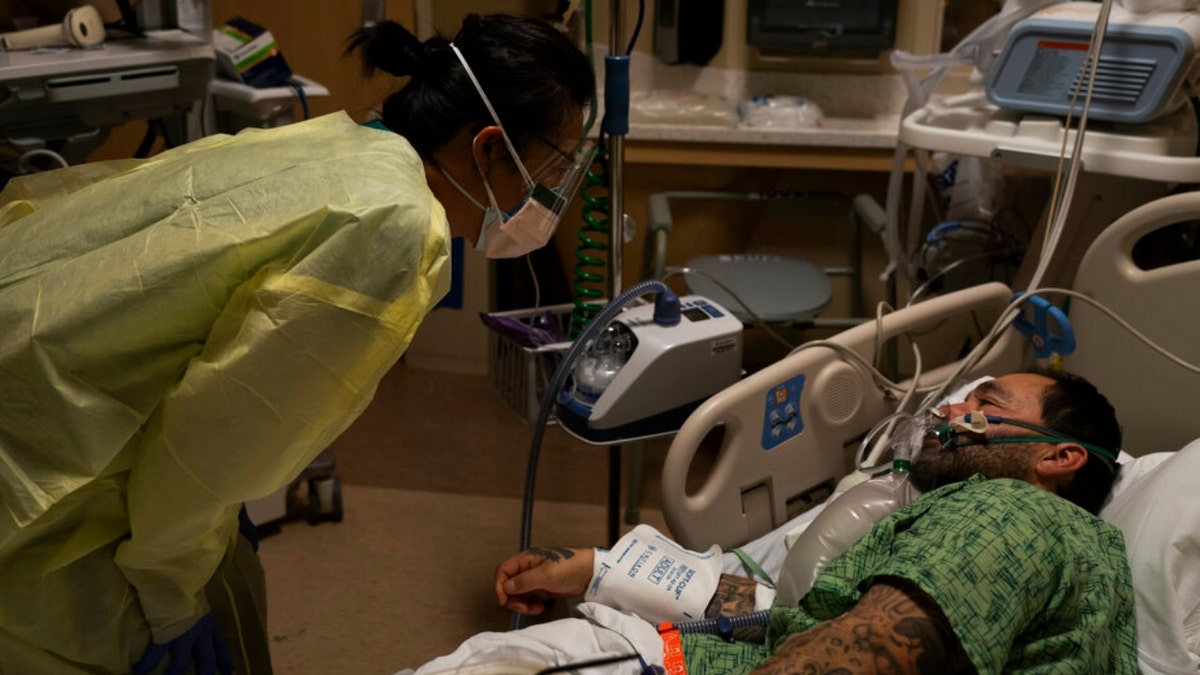Va. governor's decision to lift COVID mask mandate will 'confirm that parents matter': Jason Miyares
Virginia attorney general gives his take on Gov. Glenn Youngkin allowing a mask mandate opt-out on 'America Reports.'
The mystery of why people infected with COVID-19 lose their taste or smell may lie in a genetic risk factor, according to a recent study published in Nature Genetics.
"How we get from infection to smell loss remains unclear," said Dr. Justin Turner, an associate professor of otolaryngology at Vanderbilt University in Nashville, Tenn., who was not part of the study.
Researchers from 23andMe, a genomics and biotechnology company, analyzed data from 69,841 individuals in the United States and United Kingdom who took online surveys after having a positive COVID-19 test, comparing those who reported a loss of taste or smell with those who did not.
Among those who tested positive for COVID-19, 68% participants reported a loss of taste or smell, the female respondents were 11% more likely than men to report the symptoms and approximately 73% were ages 26-35, per the study.

FILE - In this Aug. 31, 2021, file photo, Jack Kingsley R.N. attends to a COVID-19 patient in the Medical Intensive care unit (MICU) at St. Luke's Boise Medical Center in Boise, Idaho. The summer that was supposed to mark America’s independence from COVID-19 is instead drawing to a close with the U.S. more firmly under the tyranny of the virus, with deaths per day back up to where they were in March 2021. (AP Photo/Kyle Green, File)
COVID-19: RUSSIA HITS ALL-TIME HIGH INFECTIONS, BLAMES OMICRON VARIANT
The study also found the loss of taste or smell was more common among those with a COVID-19 test compared to those who tested negative but reported cold-flu like symptoms, noting those of East Asian or African American ancestry were significantly less likely to report the loss of smell or taste compared to individuals of European ancestry.
The research team compared the genetic differences of those who reported a loss of taste or smell with those who didn’t, finding a location near two genes, UGT2A1 and UGT2A2, to be related to the sense of smell that is associated with the loss of taste and smell after being infected with COVID-19.
Even though past animal studies showed these genes, which are expressed in the tissue in our nose, are involved in the elimination of ‘odorants’ and previous experimental studies suggest the loss of smell is related to tissue damage along the lining of the nose, the authors concede it’s unclear how the genes are actually involved, only that they " … may play a role in the physiology of infected cells and the resulting functional impairment that contributes to loss of ability to smell."
Despite the research being a large scale study, it did have several limitations, including a bias toward European ancestry participants, relying only on self-report surveys without any clinical evaluations of the participants, and the inability to "disentangle" the loss of taste with smell because both were included in a single survey question.
"Notably, the [gene] variant identified in this study also appears to be associated with general ability to smell, which may suggest that those with heightened smell or taste sensitivity may be more prone to notice a loss of these senses resulting from a SARS-CoV-2 infection," the authors said.

FILE - Registered nurse Emily Yu, left, talks to Paul Altamirano, a 50-year-old COVID-19 patient, at Providence Holy Cross Medical Center in Los Angeles, Dec. 13, 2021. Hospitals across the U.S. are feeling the wrath of the omicron variant and getting thrown into disarray that is different from earlier COVID-19 surges. (AP Photo/Jae C. Hong, File) (AP)
CLICK HERE TO GET THE FOX NEWS APP
Previous research has shown the loss of taste and smell is related to a "failure to protect the sensory cells of the nose and tongue from viral infection," said Danielle Reed, PhD, associate director of Philadelphia’s Monell Chemical Senses Center. Reed studies the person-to-person differences in the loss of taste and smell as a result of COVID-19, but was not part of the study.
"This study suggests a different direction," she noted. "The pathways that break down the chemicals that cause taste and smell in the first place might be over or underactive, reducing or distorting the ability to taste and smell.








































